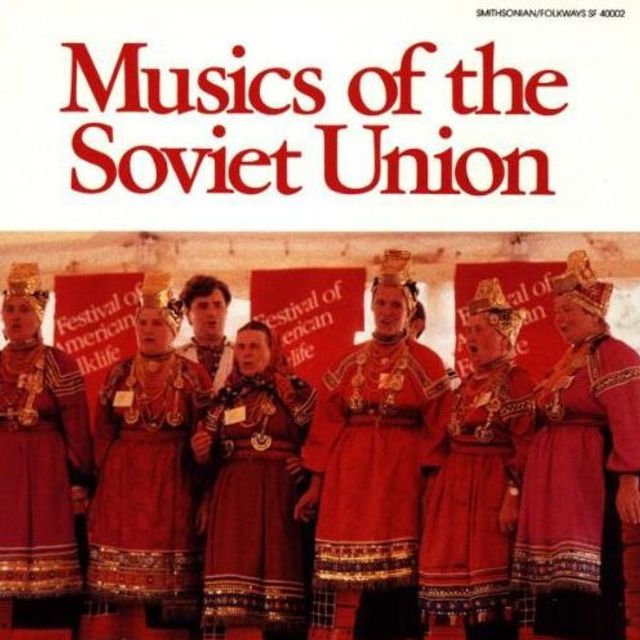Home
From Incarceration to Repatriation: German Prisoners of War the Soviet Union
Barnes and Noble
From Incarceration to Repatriation: German Prisoners of War the Soviet Union
Current price: $44.95


Barnes and Noble
From Incarceration to Repatriation: German Prisoners of War the Soviet Union
Current price: $44.95
Size: Hardcover
Loading Inventory...
*Product information may vary - to confirm product availability, pricing, shipping and return information please contact Barnes and Noble
From Incarceration to Repatriation
explores the lives and memories of the nearly 1.5 million German POWs who were held by the Soviet Union during and after World War II and released in phases through 1956, seven years longer than the prisoners of any other Allied nation.
Susan C. I. Grunewald argues that Soviet leadership deliberately kept able-bodied German POWs to supplement their labor force after the end of the war. The Soviet Union lost 27 million citizens and a quarter of its physical assets during the war, motivating Soviet leadership to harness the labor of German POWs for as long as possible.
Engaging with recently declassified documents in former Soviet archives, archival material from multiple German governments, as well as innovative use of digital humanities methods and geographic information system (GIS) mapping, Grunewald demonstrates that Soviet authorities detained German POWs primarily for economic rather than punitive reasons. In fact, the GIS mapping of the historical materials makes it clear that most of the four thousand POW camps across the USSR were strategically located near industrial, infrastructure, and natural resource sites that were critical to postwar economic reconstruction.
is the first book to draw together the distinct fields of Soviet and German history to provide a more nuanced and comprehensive understanding of German POW captivity in the USSR during and after World War II. Attending to the ways that the memory of German POWs remains in circulation in both the former Soviet Union and Germany, Grunewald tracks the political repercussions of war commemoration.
explores the lives and memories of the nearly 1.5 million German POWs who were held by the Soviet Union during and after World War II and released in phases through 1956, seven years longer than the prisoners of any other Allied nation.
Susan C. I. Grunewald argues that Soviet leadership deliberately kept able-bodied German POWs to supplement their labor force after the end of the war. The Soviet Union lost 27 million citizens and a quarter of its physical assets during the war, motivating Soviet leadership to harness the labor of German POWs for as long as possible.
Engaging with recently declassified documents in former Soviet archives, archival material from multiple German governments, as well as innovative use of digital humanities methods and geographic information system (GIS) mapping, Grunewald demonstrates that Soviet authorities detained German POWs primarily for economic rather than punitive reasons. In fact, the GIS mapping of the historical materials makes it clear that most of the four thousand POW camps across the USSR were strategically located near industrial, infrastructure, and natural resource sites that were critical to postwar economic reconstruction.
is the first book to draw together the distinct fields of Soviet and German history to provide a more nuanced and comprehensive understanding of German POW captivity in the USSR during and after World War II. Attending to the ways that the memory of German POWs remains in circulation in both the former Soviet Union and Germany, Grunewald tracks the political repercussions of war commemoration.


















